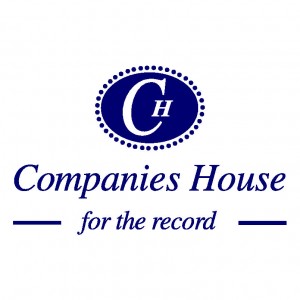At the CIJ Summer School this year Robert Miller, Martin Tomkinson and Raj Bairoliya explained how to access company accounts and how to get the most of Companies House.
In the UK, all limited companies and limited liability partnerships must file their accounts at Companies House, which has offices in London, Cardiff and Edinburgh. There are more than two million registered firms and over 300,000 new companies incorporated each year, and Miller feels that Companies House is one of the main skills needed by journalists.
The accounts and financial figures can be obtained by either going to the offices or online through the Companies Direct subscription service at www.direct.companieshouse.gov.uk.
Signing up is free with a monthly charge of £5 and an average screen charge of £1 to look at information such as company records, mortgage statements and directors.
A monitoring service at 50p per company per annum will alert you any time a particular company files a document.
Key documents
Key documents provided by the site include:
- Company details – The registered office, date of incorporation and filing dates are provided.
- Appointments – Current and previous company directors are supplied. Their age, nationality, address and employment status (appointed/resigned/dissolved) are disclosed with this information.
- Mortgages – charges and loans on property and equipment.
- Annual returns – listings of directors and shareholders.
The accounts
Bigger companies, such as Marks & Spencer, will file interim results for the first six months of the financial year, full year accounts as well as quarterly updates and trading statements.
The balance sheet of a company tells you how healthy it is, what it owns in regards to assets and what it owes as in liabilities.
It provides information on fixed assets, including land/buildings, and current assets such as stock in hand or cash in the bank. Figures should be read in conjunction with the previous year.
Companies House is open 24 hours a day for seven days a week, so accounts can be accessed at any time. This is useful for journalists working to tight deadlines.
Although Companies House is not a regulator, it also states when a company’s accounts are ‘overdue’. It is an offense for companies to register documents over three months late.
There is also access to a company’s history of accounts. Go to ‘Filing History’ when on the Companies Direct subscription service.
The small print
Raj Bairoliya emphasised the importance of reading the small print in company accounts. This section is almost always at the end of the document, so read the end before continuing. The accountant said that analysing company accounts is pointless without also reading the small print. It gives clues as to what is hidden in the figures and may provide the basis for an investigation.
Other services which publish company accounts are Duedil and Open Corporates.

Free company accounts and CSV download of these are available from Company Check there is no fee for downloading upto 100 sets of free company accounts. Also free alerts on document filings is available for any company.
Free companies House account information and information on which companies have charges and taken out mortgages are available here free companies house webcheck.